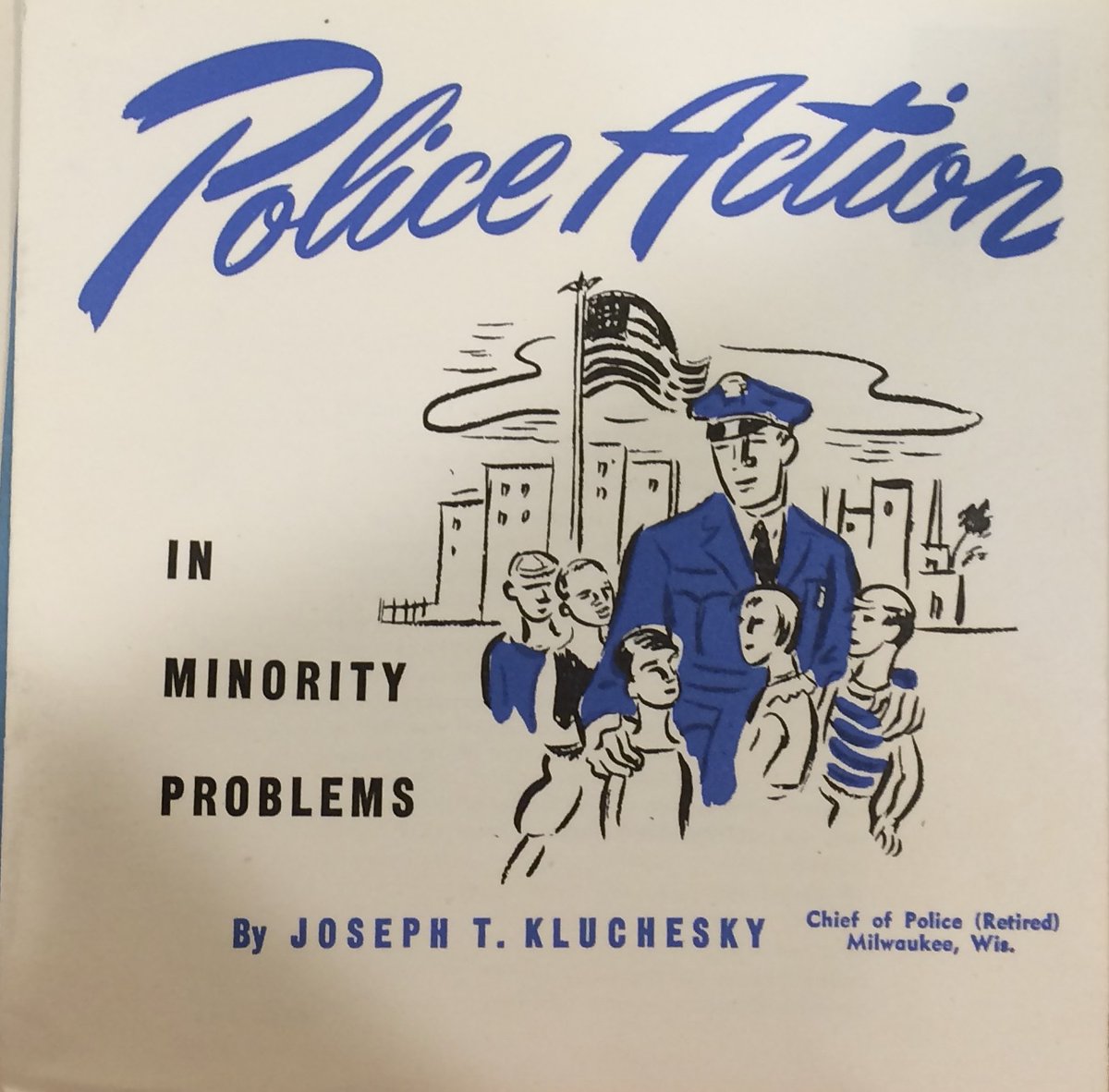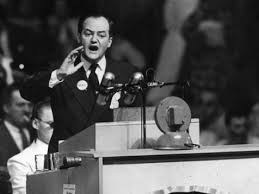
So, I’m writing a book on Hubert Humphrey and LBJ. Like others, I read this piece by James Traub over the weekend. I re-read it; and re-read it; and then read the comments on Twitter. Here’s my thoughts: 1/
theatlantic.com/politics/archi…
theatlantic.com/politics/archi…
First problem: there’s no clear thesis--which invited confirmation bias. What stands for argument is a revival of the backlash thesis (one version) that historians have retired. Piece rests on generic history, revisiting old interpretations-- @JoshuaMZeitz tweeted about this. 2/
Second problem: indicting “middle-class whites” as a whole (who were a diverse class, many of them liberals—yes, in the South too— who supported civil rights in 70s, even busing.) See work by Matt Lassiter, Lily Geismer, and @KevinMKruse on complexities of white middle class. 3/
Third problem: ignores the fact that HHH was both an idealist and a pragmatist who knew civil rights would force people to go against their interests. As mayor, HHH tried to get a broad coalition of whites (middle and working-class) behind civil rights. 4/
This coalition is why HHH is successful on civil rights, but also why he can’t get more done on issues of racial justice. The liberal limits to civil rights are bound up in HHH's pragmatism, not idealism. @DavidAstinWalsh tweeted about this. 5/
Fourth problem: gives HHH too much agency (I say this as someone who really likes HHH.) HHH could only make “that speech” in '48 due to gains made by civil rights movement since WWII: ending discrimination in federal employment, unions, etc. If made in '40, HHH would fail. 6/
No mention of this. Since piece lacked this context, those who know this history therefore rightly concluded (like @jbouie) that piece was indictment of the civil rights movement for seeking racial justice—and for pressing Democratic Party to support civil rights beyond '68. 7/
Fifth problem: left out broader history of Dem Party since HHH’s death in 1978. “New Dems” responsible for much of what ails current Dem Party, not HHH. WJC and BO did not reject civil rights movement but accepted "Age of Reagan." Big difference. @HeerJeet tweeted about this 8/
Which leads to sixth problem: no mention of conservative movement—one that is highly organized, and very successful. Post-'68 story of Democrats--and their inadequate appeals to those left behind by "American Century"--must be told in context with their GOP counterparts. 9/
All this means can’t draw straight line from 1968 to 2018: ignores how much Dem Party would be foreign to HHH. I wrote about this here: prospect.org/article/once-a…. In short, HHH would be shocked by party’s success, not failure: on women’s rights, LGBTQ rights, immigration, etc. 10/
Yes, he would be disturbed by decline of union workers, lack of economic justice (for whites and blacks), direction of U.S. foreign policy, and concern for Dem Party's future given results from 2016 election. But he would see hope, not despair—typical for HHH. 11/
In sum, it’s incomplete, hollow history, and demonstrates the need for historians, not just journalists, to reach out to public. For more historians writing for the public: see @madebyhistory; @werehist. And podcasts: @NostalgiaTrap @pastpresentpod. Many others too. 12/
• • •
Missing some Tweet in this thread? You can try to
force a refresh





